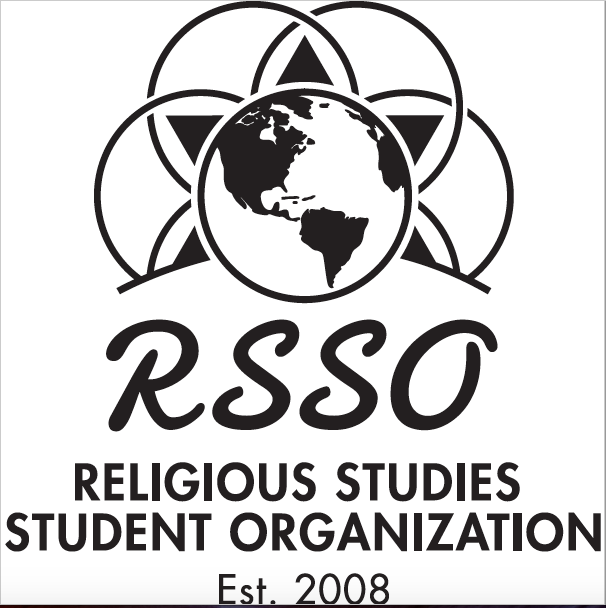On the Concept of Special Revelation
Moderator
Rev. Dr. Joseph Mueller, S.J.
Location
University of Wisconsin – Milwaukee
Start Date
28-5-2015 10:00 AM
End Date
28-5-2015 11:00 AM
Abstract
This paper is a philosophical inquiry into the theological concept of revelation. I approach the concept in three stages and I divide the paper into sections accordingly. In §1 I consider what a claim to revelation means and the dilemma such a claim poses for speculative thinking. I am interested in the epistemological quandary encountered by an immanently situated subject in the face of a message that claims a transcendent source, whatever the content of that message might be. In order to illuminate this quandary, I show how it works out within Islam and Christianity. I draw on William E. Shepard for my interpretation of Qur’anic revelation, and I consider this dialectically with reference to Søren Kierkegaard’s essay On the Difference Between an Apostle and a Genius. Ultimately, the dilemma posed by a revelation claim seems unsolvable by purely speculative thinking. Consequently, in §2 I posit the fork in the road, the possibility of either admitting or denying the concept of revelation – and yet, as be argued, it seems that this decision cannot be based on reason, either pro or contra. In §3 I attempt to point in the subjective direction towards which I believe the possibility of divine revelation leads. I am to a large extent influenced by some of the sentiments of Charles Taylor while I primarily engage with the religious epistemology of Paul Moser in which Moser suggests a particular reorientation of the inquirer’s epistemic stance. Although, throughout the paper I draw material from the variety of Christian traditions underlying my own perspective – indeed I problematize the ‘disinterested’ point of view – I imagine that individuals from a great variety of religious traditions would find valuable the praxis, attitude, and mode of religious orientation suggested in this paper.
On the Concept of Special Revelation
University of Wisconsin – Milwaukee
This paper is a philosophical inquiry into the theological concept of revelation. I approach the concept in three stages and I divide the paper into sections accordingly. In §1 I consider what a claim to revelation means and the dilemma such a claim poses for speculative thinking. I am interested in the epistemological quandary encountered by an immanently situated subject in the face of a message that claims a transcendent source, whatever the content of that message might be. In order to illuminate this quandary, I show how it works out within Islam and Christianity. I draw on William E. Shepard for my interpretation of Qur’anic revelation, and I consider this dialectically with reference to Søren Kierkegaard’s essay On the Difference Between an Apostle and a Genius. Ultimately, the dilemma posed by a revelation claim seems unsolvable by purely speculative thinking. Consequently, in §2 I posit the fork in the road, the possibility of either admitting or denying the concept of revelation – and yet, as be argued, it seems that this decision cannot be based on reason, either pro or contra. In §3 I attempt to point in the subjective direction towards which I believe the possibility of divine revelation leads. I am to a large extent influenced by some of the sentiments of Charles Taylor while I primarily engage with the religious epistemology of Paul Moser in which Moser suggests a particular reorientation of the inquirer’s epistemic stance. Although, throughout the paper I draw material from the variety of Christian traditions underlying my own perspective – indeed I problematize the ‘disinterested’ point of view – I imagine that individuals from a great variety of religious traditions would find valuable the praxis, attitude, and mode of religious orientation suggested in this paper.

